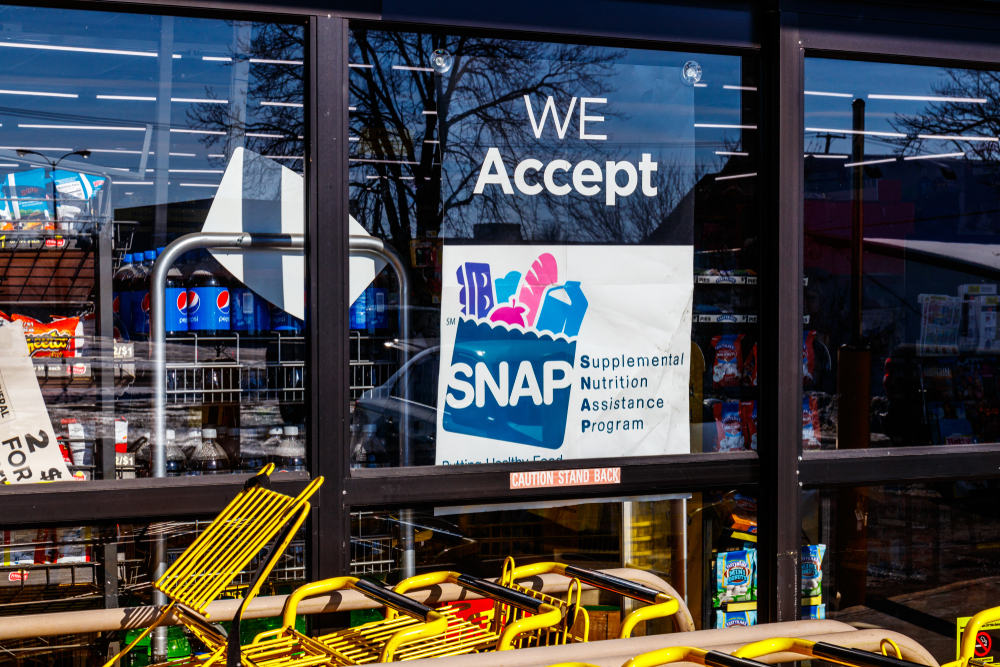Many had no choice but not to pay the rent once the coronavirus appeared, as they simply lacked the funds to give to their landlords. But others have stopped paying the rent by choice, as they feel that an eviction moratorium waives those monthly payments.
Unfortunately, you still have to pay the rent, regardless of COVID-19’s devastating economic impact. The question is, when do you have to pay it? And what does eviction protection really mean? Let’s look at that now.
What the CDC Eviction Moratorium Provides
“CDC Eviction Moratorium” is fancy wording for this: A stop on evictions. Since an extension just passed, that stop is in place until June 30, 2021. It could be extended once again. But as of now, you have until that date to stay where you are without worrying about eviction for nonpayment of rent. Eviction is still possible for other violations of your lease, but not if you cannot afford the rent at this time.
Now, let’s discuss when that rent is due. Instead of being waived completely, you will have to pay missed rent plus interest and fees once the moratorium is complete. Depending on how many payments you’ve missed, that could be quite a large sum, which is why a payment plan is a must under the moratorium.
How to Get Eviction Protection From the CDC
There are two significant steps to getting eviction protection due to the COVID-19 pandemic:
- Apply for the CDC Eviction Moratorium.
- Work out a payment plan with your landlord.
Applying for the moratorium determines your eligibility, as everyone does not qualify. The payment plan gives your landlord assurance that you will pay what’s owed, otherwise, they can legally evict you once the moratorium ends.
How to Apply for the Eviction Moratorium
You can apply for CDC eviction protection on your own or with the help of a HUD-approved housing counselor. The official form you’ll need to complete is very easy to understand, but a counselor may be of service if you’ve been having issues with your landlord over nonpayment during the pandemic.
Qualifying for the CDC Eviction Moratorium is based on:
- Your income level.
- The probability of becoming homeless or living in crowded housing if you were evicted.
- A promise to pay your landlord back rent once the moratorium ends.
Income level is most important for determining your eligibility. You can qualify based on income level if just one line in each of these lists applies to you:
List A:
- You receive assistance from the government in the form of food stamps, disability, etc.
- You received a coronavirus stimulus check.
- You did not have to report income to the IRS last year.
- Your individual or joint earnings in 2020 or 2021 were below $99,000 or $198,000, respectively.
List B:
- You have excessive out-of-pocket medical expenses.
- You lost your job.
- You lost hours/wages.
- You lost income.
You can apply for the CDC Eviction Moratorium by going here.




